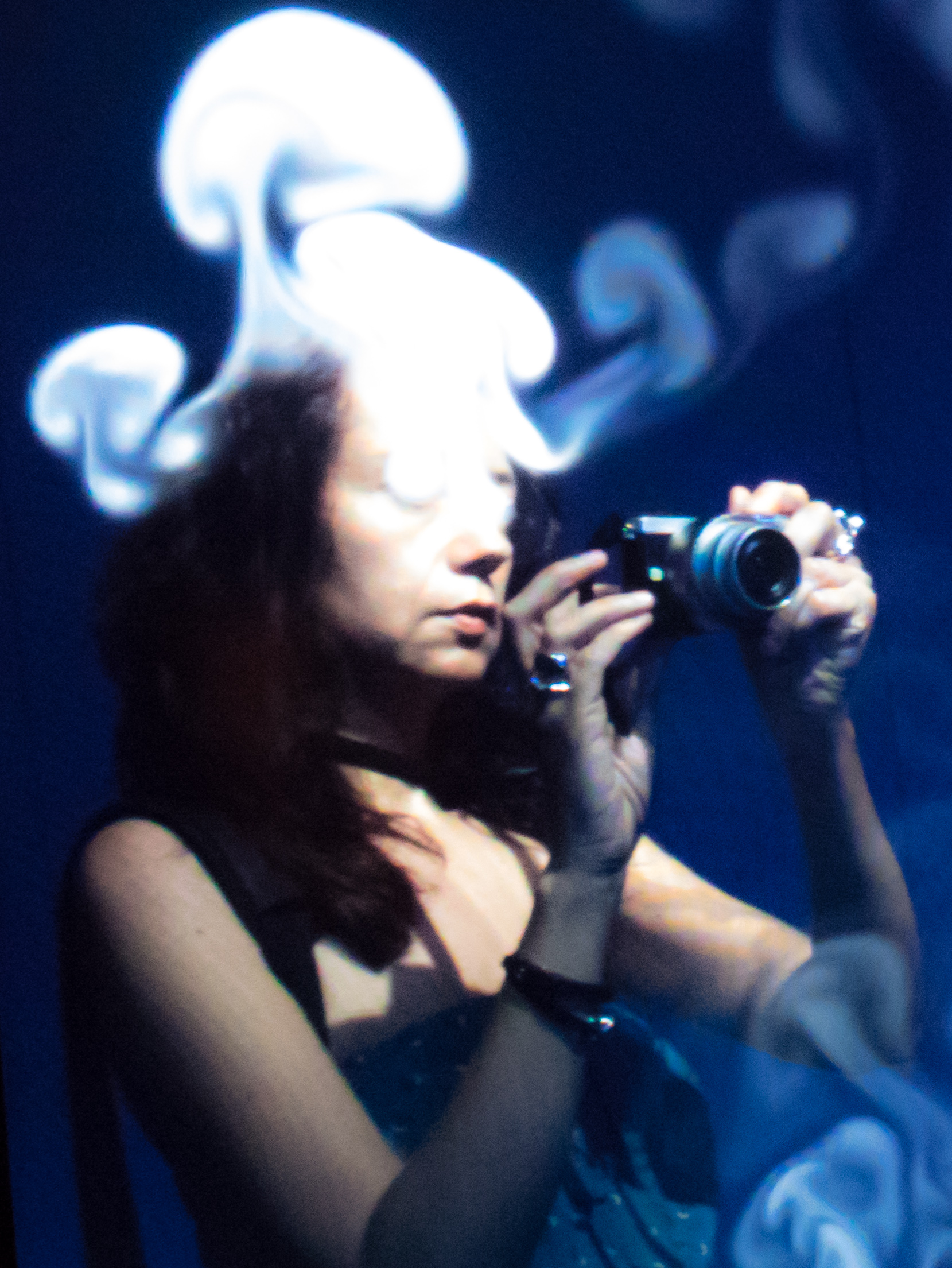
“For me there is something disabling about the way the apocalypse is used as a tool that allows us to mediate the catastrophe and wallow in it at a distance, on the screen. It becomes a displacement affect. Jonathan Franzen’s recent essay in The New Yorker, ‘What If We Stopped Pretending?,’ which opens with the lines: ‘The climate apocalypse is coming. To prepare for it, we need to admit that we can’t prevent it’ is an excellent (and depressing) example of this (immobilizing) mode of narration. It is also a great candidate for the Men Explain the World to Me 2.0 prize.”
The Existence of Man:
Depends on relationships with the non-human
Historically has been told from the perspective of white Christian men
Would be better off portrayed from a variety of viewpoints and identities
Nothing grabs my attention like an eerie short film proposing a feminist counter-narrative for the apocalypse. And this is what Joanna Zylinska has dished up for us with her six-minute video, Exit Man. The film serves as companion to The End of Man: A Feminist Counterapocalypse, a succinct 69-pages of intense thinking, challenging the prophecy of the end of humans. In the film, black-and-white images slowly dissolve: a sign reads, “the lifestyle you ordered is currently out of stock;” miniature plastic animals sit askew; and ancient toothy skulls flash from different angles. It’s a video with a Tarkovsky vibe, and a haunted pitch-shifted voice that says: “Under the current conditions, we all need to ask, if unbridled progress is no longer an option, what kinds of coexistences and creations do we want to create in its aftermath?”
Before I met Joanna Zylinska, I’d bumped into her thinking across her six books, including Minimal Ethics for the Anthropocene, and in the recent catalogue for the climate-art show The World to Come: Art in the Age of Anthropocene. A photomedia artist and professor of new media and communications at Goldsmiths, University of London, Joanna offers a powerful and provocative counter-narrative to the Anthropocene/apocalypse/we’re-all-doomed conversation, instead proposing an alternative “microvision.” While still taking seriously the current alarming geopolitical unfoldings, she urges we rethink our relationship to and with our planet. Rather than imagining humans as separate, offering planetary interventions (or tech bros shooting us all off to Mars) she asks us to see that these relationships already exist—on a molecular, cellular, and social level. This worldview also embraces the work of Donna Haraway’s “Cyborg Manifesto” among other feminist scholars, and invites the establishment of fairer and more just relations—across ecologies, human and non-human.
Joanna Zylinska’s compelling...
You have reached your article limit
Sign up for a digital subscription and continue reading all new issues, plus our entire archives, for just $1.50/month.
Already a subscriber? Sign in




